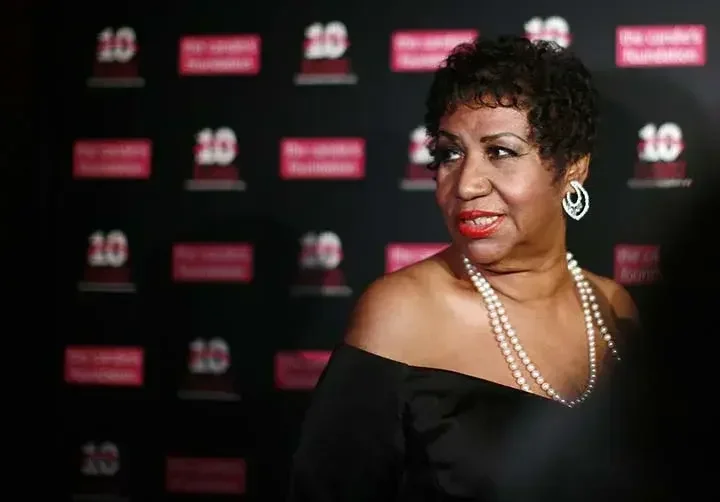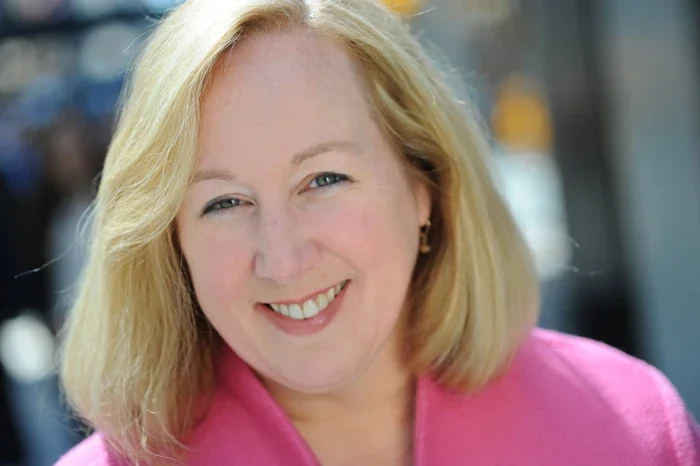The Queen of Soul, Aretha Franklin, died in Detroit in 2018 of pancreatic cancer. She was 76, a single mom of four sons, and, at the time, worth around $80 million. And, like several other well-known musicians, including Prince, Bob Marley, and Amy Winehouse, she had no formal will or estate plan in place when she passed.

That last fact immediately caused confusion and family tension. Without a will, the state of Michigan had to step in to assign an executor from her family who was then responsible for managing the division of assets. In this case, her niece was appointed.
Surprisingly, Franklin's case is not unusual when it comes to dying intestate, or without a valid will. According to Leaving a Legacy: A Lasting Gift to Loved Ones, a study by Age Wave and Merrill Lynch, 55% of Americans over age 55 do not have a will in place.
The downsides of intestacy
By not having a will, you leave many important decisions up to interpretation by the state-appointed executor, who may or may not be the person you would have chosen.
"Whether you have $80 or $80 million," attorney Tracy Craig, a partner at Mirick O'Connell of Worcester, Mass., says that drawing up an estate plan avoids the disputes and unnecessary expenses that dying without a will can cause.
Without a will, "you don't get to decide who gets what," Craig says, and "you don't get to decide who is executor or personal representative of your estate." State law dictates what percent of an estate an heir receives, while the executor makes decisions about the division of property.
On top of that, when intra-family disputes arise over the division of assets, it gets very expensive very fast, as "everyone gets a lawyer," says Craig.
Estate plan essentials
Craig recommends that consumers consider having an estate plan prepared. "An estate plan is more than a will and includes four core documents," she says. "They include a revocable trust, a will, an advance healthcare directive, and a durable power of attorney":
- A revocable trust is a holding tank for all of your assets. By placing your assets into a trust, you avoid probate court altogether and keep your private affairs out of the public eye. The trust, with you as trustee, then designates who gets ownership of the various items in its possession, from cash and securities to real estate, jewelry, and even pets, after your death.
- A will specifies who gets what and, in the case of an estate plan that includes a trust, the will designates the trust as the sole beneficiary of your assets.
- The advance healthcare directive specifies who makes healthcare decisions for you when you are no longer capable of making those decisions yourself.
- A durable power of attorney, while you are living, gives decision-making power to someone you trust. "You do not give up the power to manage your assets, but you give someone else authority alongside you," explains Craig. This power dies when you do, and the executor becomes the individual who carries out the terms of the will.
An experienced estate planning attorney can advise you as to what best suits your situation.
From handwritten to guided DIY
Complicating Franklin's situation is the fact that several handwritten documents were discovered after her death that resembled wills. That is, they were in Franklin's handwriting and appeared to state her wishes regarding a number of issues, but so far haven't been validated. Many states do not recognize holographic, or handwritten, wills, although Michigan, where Franklin died, does.
Without two witnesses and a notarized signature, a handwritten will may or may not be accepted in your state. Which is to say that it's risky to write your own will off the cuff. "You know what you mean, but others [reading the will later] may interpret your wishes differently," points out Craig.
Following the rules in your state, there are several options for creating a valid will, with or without an attorney's direct input. In order to write a will on your own, you may be able to complete a questionnaire and have a legally compliant document prepared by an online service provider. If your estate is a complicated one—or if you have blended family relationships to consider—then you likely will want to have an attorney review your will, if an attorney is not actively involved in creating it.
Although many adults dread thinking about their own mortality, the reality is that if you don't specify how you want your assets distributed, you're leaving a mess for your family to deal with later. "People don't want to [prepare a will], but they always feel better after it's done," says Craig. "Do it for your loved ones, not yourself."

